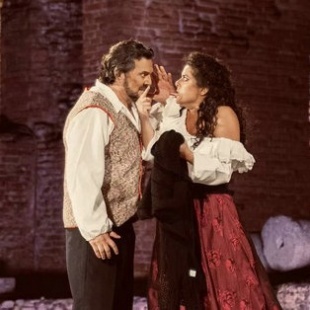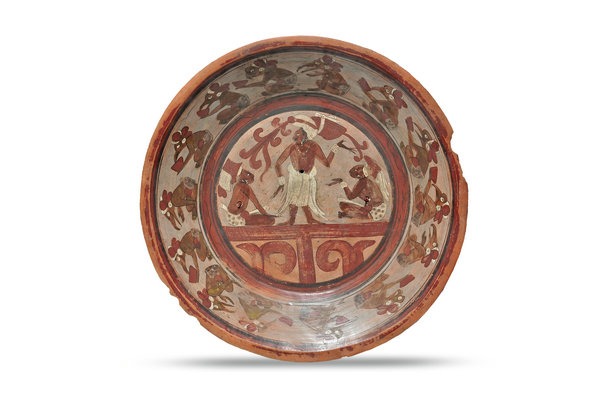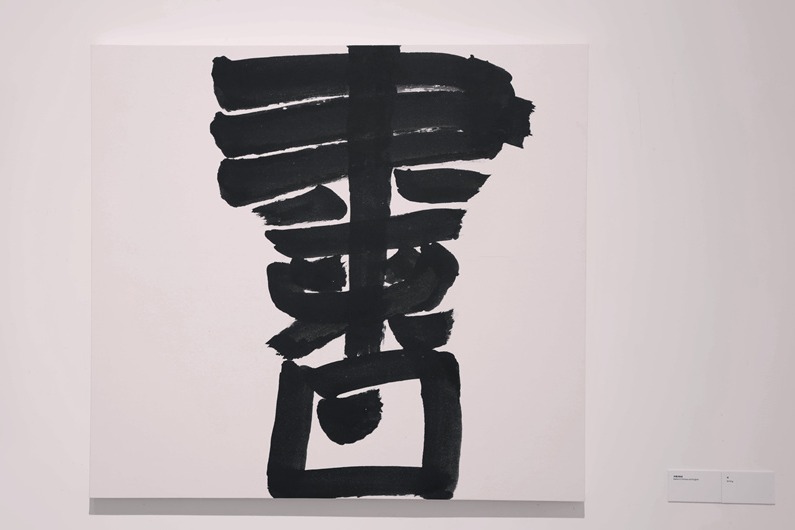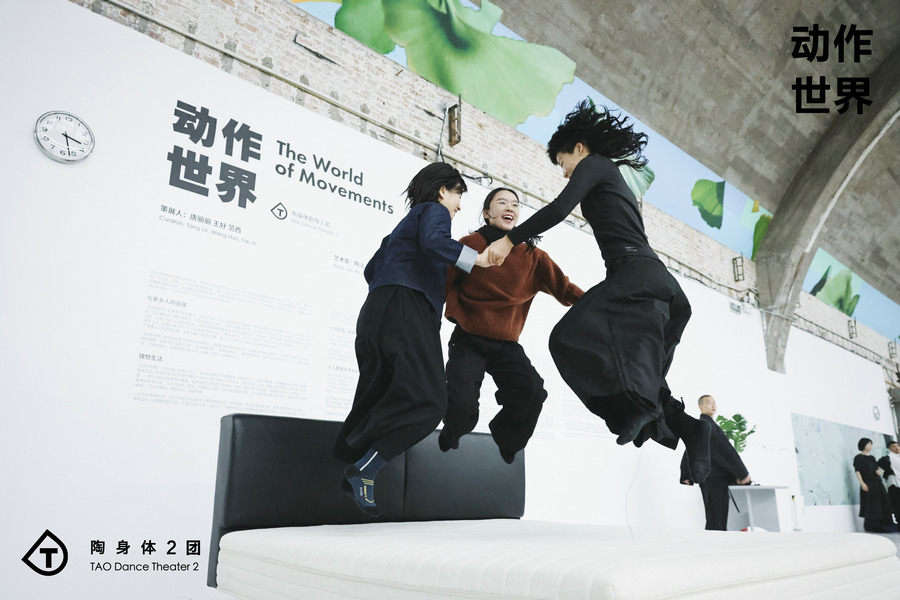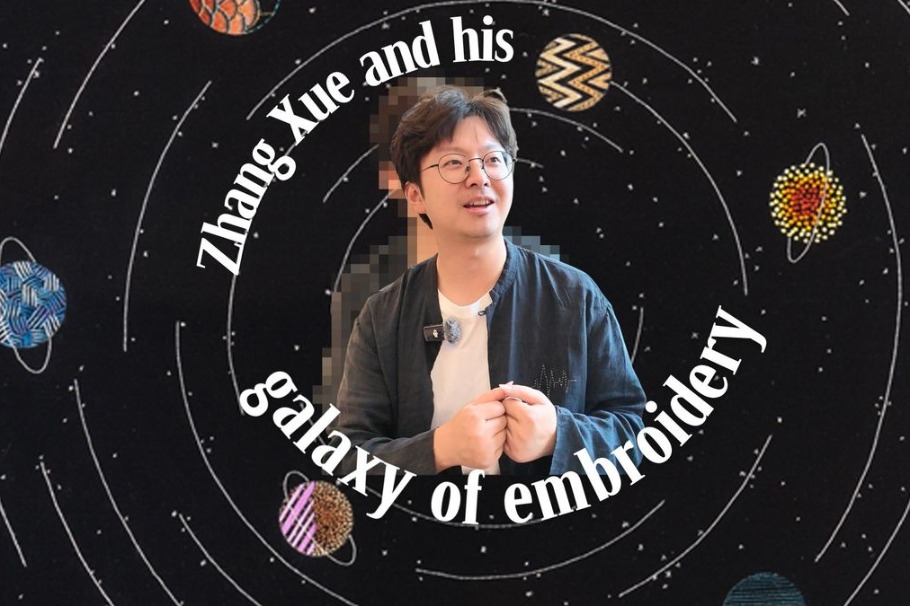Chinese director takes opera back to its Sicilian roots

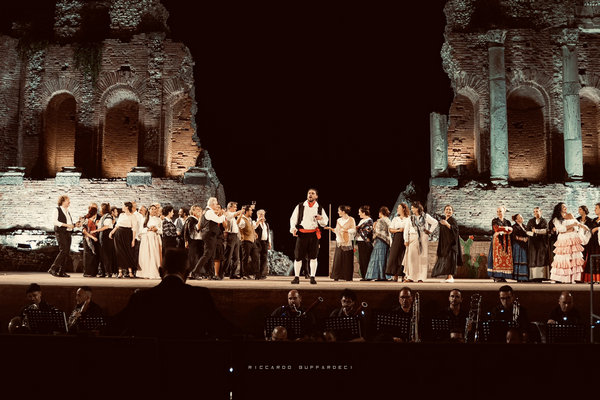
Pietro Mascagni's masterpiece Cavalleria Rusticana (Rustic Chivalry) came full circle to its native soil of Sicily on Aug 30, at the ancient theater, Teatro Antico di Taormina.
For director Lin Mei, staging Cavalleria Rusticana in the town of Taormina — which has a rich history and spectacular landscapes — meant more than a geographical return to the opera's Sicilian roots; it was also a spiritual echo of the ancient themes that run through Mascagni's 19th-century tragedy.
"The opera's core — its sense of fate, its burning passions, its drive toward vengeance — connects directly to the universal motifs of Greek tragedy," Lin says.
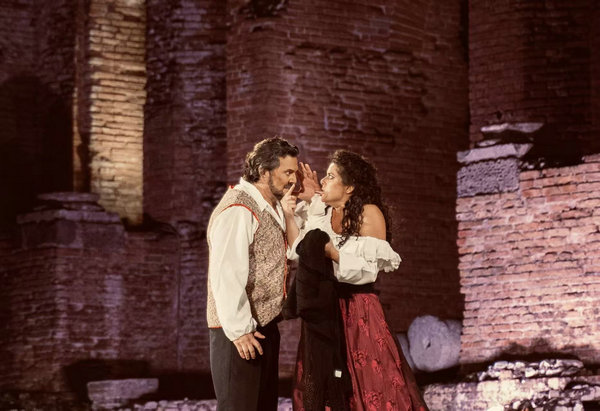
She exploited the amphitheater's natural contours to create an immersive experience. In the opening, tenor Alessandro Fantoni sang beside the audience with only a harp for accompaniment, his voice entwined with the moonlit sea and volcanic silhouette beyond.
Later, during the famous Intermezzo Sinfonico, an instrumental interlude in the opera, choristers carrying candles slowly illuminated the darkness as soprano Leyla Martinucci, who plays the role of Santuzza, processed through the ancient ruins — a haunting marriage of personal despair and historical grandeur.
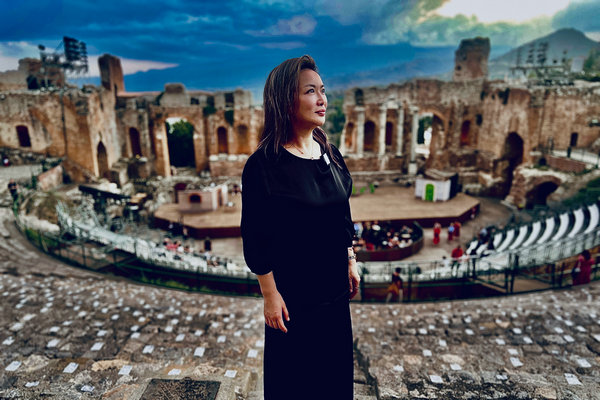
Traditionally, Santuzza has been portrayed as a hysterical, abandoned lover. Lin rejected these stereotypes, instead grounding her actions in Sicily's 19th-century social and religious context. She guided Martinucci to portray Santuzza not only as anguished but also as once joyfully in love, with moments of fragile tenderness surfacing amid despair.
Working with an all-Italian cast, orchestra and chorus, Lin faces the dual challenge of cultural barriers and the rigid framework of opera itself. Unlike spoken drama, she notes, opera leaves little flexibility: timing, rhythm, even breath are dictated by the score.
"An opera director is like an interpreter dancing in chains," she says. "All invention must begin with respect for the music's structure."
Her collaboration with conductor Salvo Miraglia exemplified this balance. Together, they ensured musical integrity while heightening dramatic tension.
As the candles dimmed in Taormina's ancient stones and the final notes dissolved into the Sicilian night, Lin's staging had achieved what she herself described as "a dialogue across 2,000 years".
It was, she says, "a reminder that while times change, the structures of human emotion — passion, betrayal, destiny — forever return, as archetypes in our collective memory."


